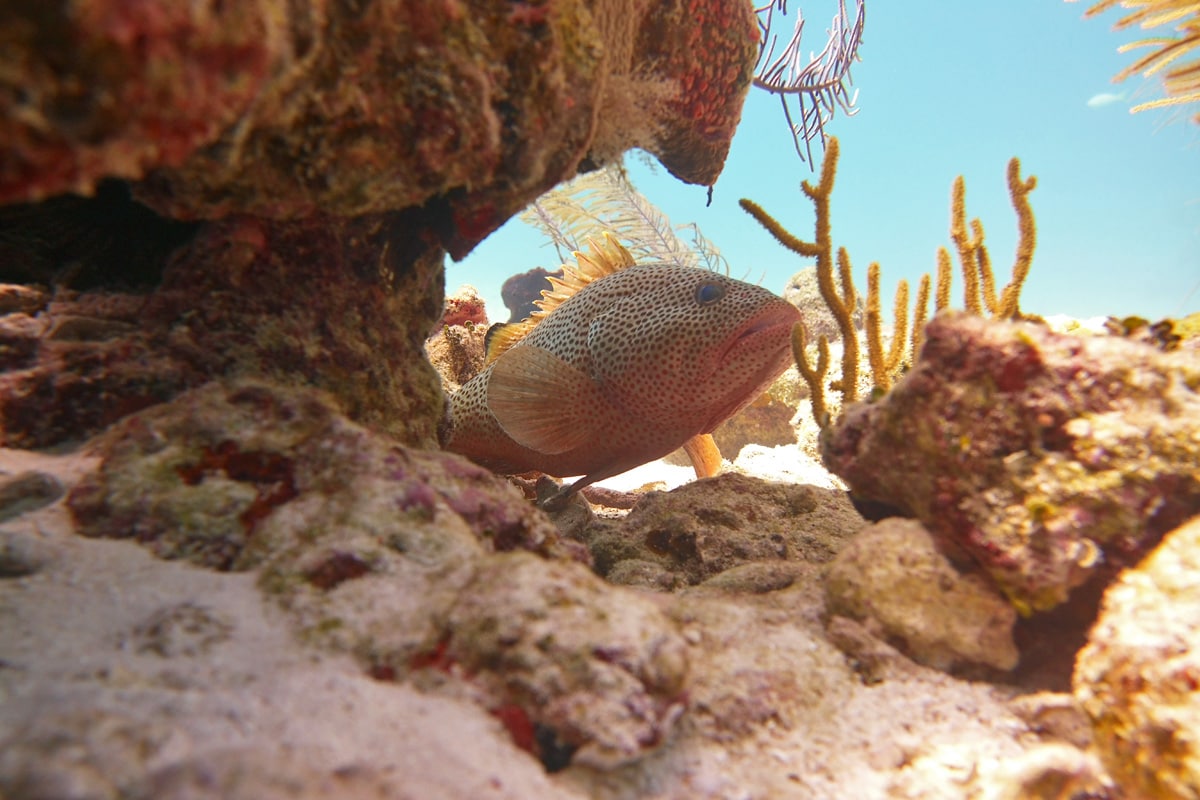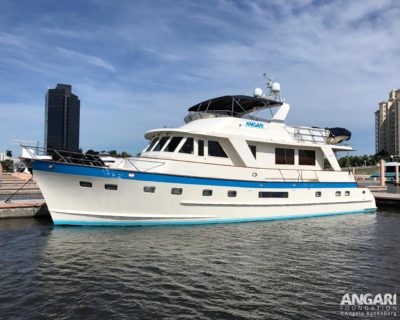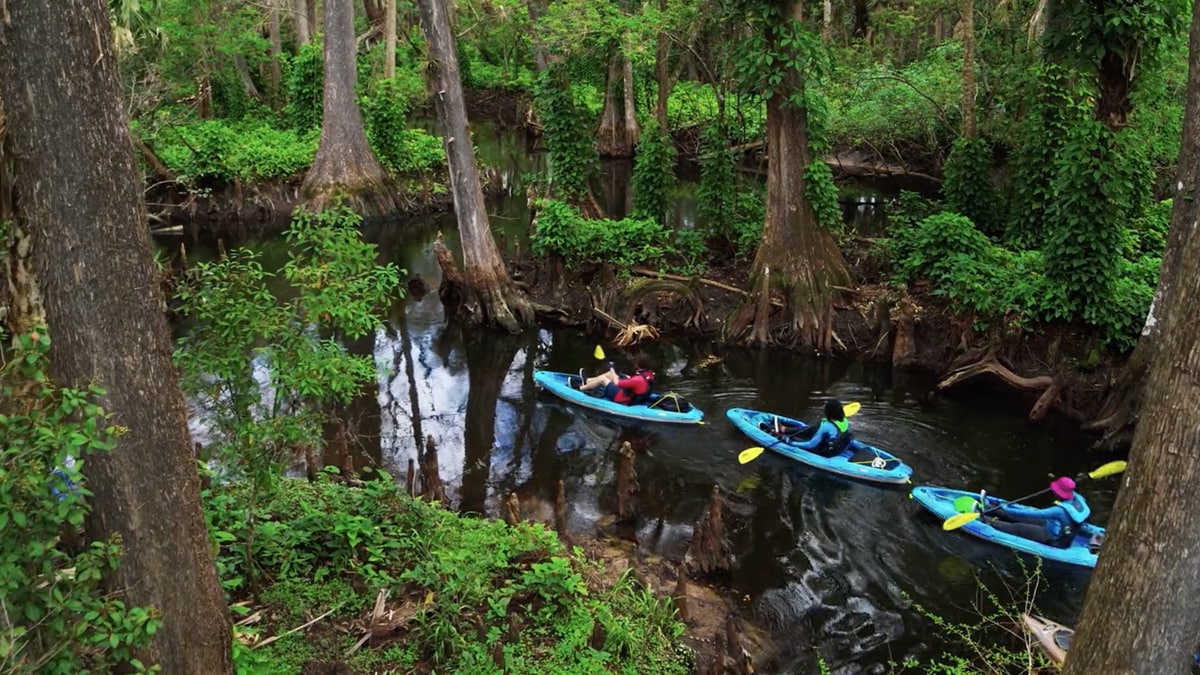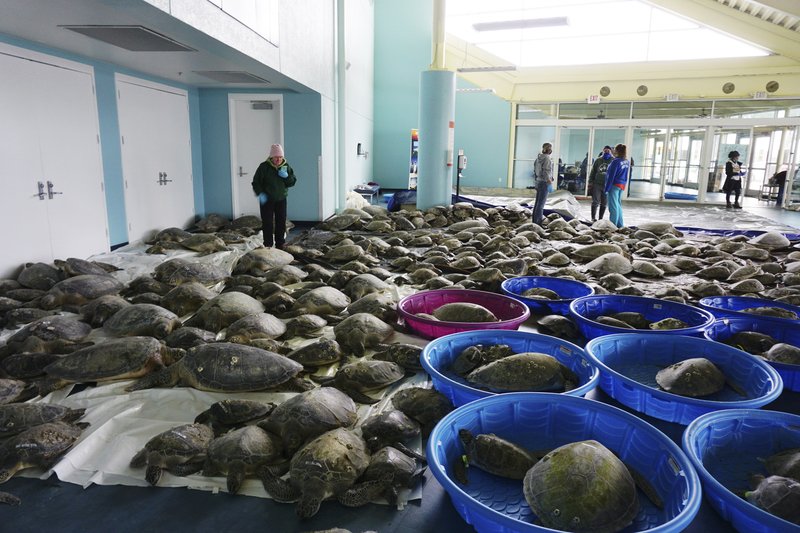Media Alert from Palm Beach County Department of Environmental Resources Management 📸: Day’s Edge Productions…

Protecting 5% more of the ocean can increase fisheries yield by 20% according to new research
A new study found that Marine Protected Areas (MPAs) can benefit both conservation and fisheries goals at the same time. Expanding MPAs is often viewed as a threat to the fishing industry who may see protections as a loss of fishing grounds and a loss of income. But this study showed that protecting 5% more ocean can increase fish populations by 20%.
📸: Krista Sherman
Original Article Published: October 26, 2020 in Forbes Magazine
By Ariella Simke
A new study, published in the Proceedings of the National Academy of Sciences, found that protecting an additional 5% of the ocean can increase future fish catch by 20% or more. Growing up in a fishing community in the Philippines, lead researcher Dr. Reniel Cabral believes that marine protected areas (MPAs) can benefit both conservation and fisheries goals simultaneously.
In the past, MPAs have been used as conservation tools, however a focus on fisheries may provide a necessary incentive for many coastal nations to adopt or expand them.
“We are curious if we design MPAs to increase fisheries productivity on a global scale, how much food can we generate, and how expensive will it be?” says Dr. Cabral, who hopes to see 30% of the world’s oceans protected by 2030; a widespread conservation goal.
Currently only 2.5% of the ocean is fully protected, however Dr. Cabral anticipates that the research will provide a scientific basis for nations to view protected areas as investments into the future success of their fisheries.
The study entitled “A global network of marine protected areas for food” looked at MPA siting and area coverage using fisheries data for over 1,300 commercially-important fish species to determine how much fish biomass could be available for the fishing industry if more of the ocean was protected.
Building on years of previous research, the research team modeled protection networks to predict fisheries success. They found, unsurprisingly, that expansion of MPAs will have the greatest impact in areas where overfishing is occurring, which is often in the developing world where fisheries management resources are less robust.
Peer-Reviewed Publication: Reniel B. Cabral, Darcy Bradley, Juan Mayorga. et al. A global network of marine protected areas for food. PNAS November 10, 2020 117 (45) 28134-28139; DOI: 10.1073/pnas.2000174117

ANGARI Foundation Deep Dive featured articles share significant scientific research and marine science news of today. The Foundation operates the oceanographic research vessel R/V ANGARI for charter out of its home port in downtown West Palm Beach in Palm Beach County, Florida with the goal of advancing our understanding of the ocean environment and educating our community.



